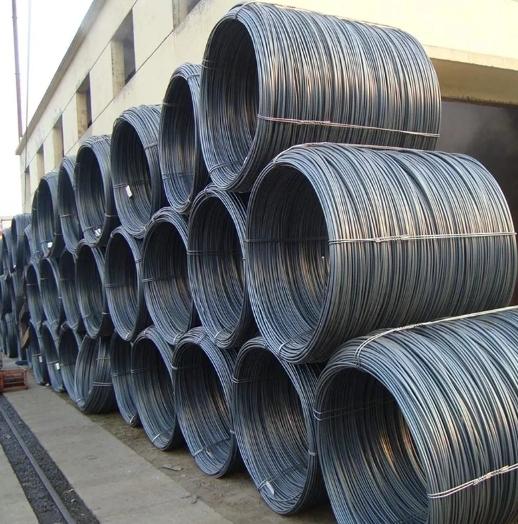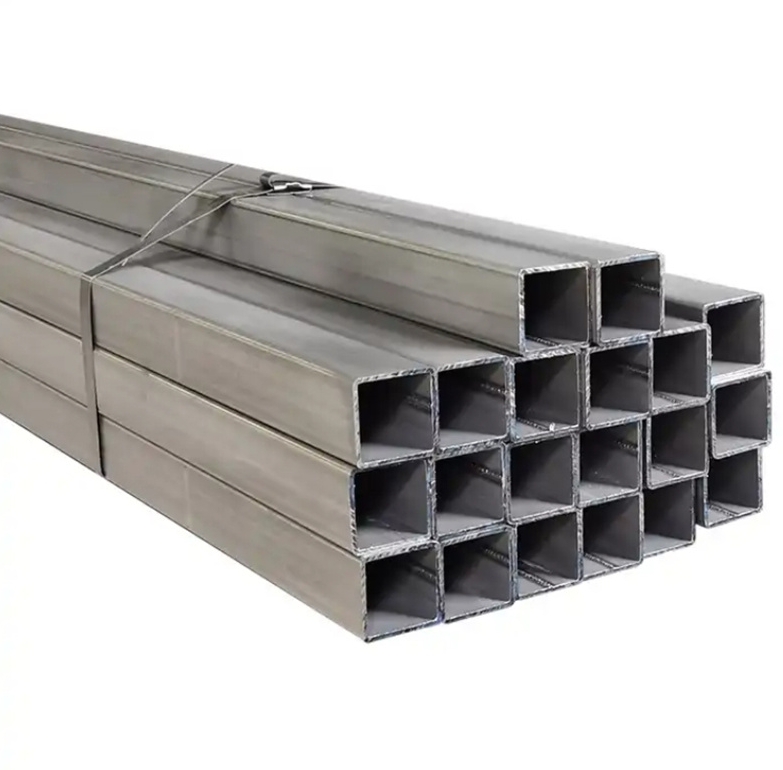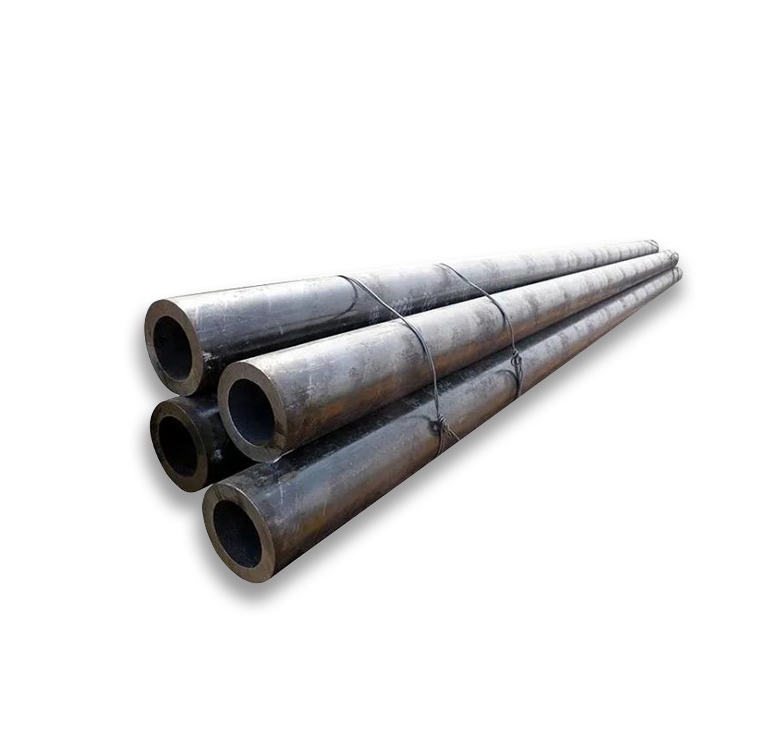Understanding Alloy Steel P5 Plates
Alloy steel P5 plates, commonly specified under ASTM A387 Grade 5, are a chromium-molybdenum alloy steel designed primarily for welded boilers and pressure vessels intended for elevated temperature service. The “P5” designation refers to its specific chemical composition, which typically includes 4.0% to 6.0% chromium and 0.45% to 0.65% molybdenum.
Key Characteristics and Properties
The primary advantages of P5 alloy steel plates stem from their chemical composition:
- High-Temperature Strength: The molybdenum content significantly enhances the steel’s strength at elevated temperatures, making it suitable for applications where carbon steels would fail.
- Corrosion Resistance: Chromium improves resistance to oxidation and various forms of corrosion, particularly in environments containing sulfur compounds, which are common in refining processes.
- Creep Resistance: P5 steel exhibits good resistance to creep, which is the tendency of a solid material to move slowly or deform permanently under the influence of persistent mechanical stresses.
- Weldability: While requiring preheating and post-weld heat treatment (PWHT) to ensure optimal mechanical properties and prevent cracking, P5 plates are generally considered weldable using appropriate procedures.
Typical Applications
Given their robust performance at high temperatures and in corrosive atmospheres, P5 alloy steel plates are extensively used in several industries:
- Petrochemical Industry: For reactors, heat exchangers, and piping systems handling hot, corrosive fluids.
- Oil Refineries: In cracking units, hydrotreaters, and other high-temperature pressure vessel applications.
- Power Generation: For boiler components, superheater tubes, and steam piping.
- Chemical Processing: In equipment exposed to aggressive chemical environments at elevated temperatures. Companies like Shanxi Luokaiwei Steel Company often supply materials for such demanding applications.
Material Specifications and Equivalents
The most common standard for P5 plates is ASTM A387 Grade 5. It is further classified into Class 1 (annealed) and Class 2 (normalized and tempered) conditions, offering different strength levels. Equivalent designations may exist under ASME SA387 Grade 5. When sourcing these materials, it’s crucial to ensure compliance with these standards. Some suppliers, like Shanxi Luokaiwei Steel Company, may provide detailed mill test certificates (MTCs) verifying chemical composition and mechanical properties.
Considerations for Fabrication and Use
Working with P5 alloy steel requires careful attention to fabrication procedures:
- Preheating: Essential before welding to reduce thermal stresses and prevent hydrogen-induced cracking.
- Post-Weld Heat Treatment (PWHT): Critical for restoring ductility, relieving residual stresses, and achieving the desired microstructure and mechanical properties in the weld and heat-affected zone (HAZ).
- Filler Metals: Appropriate filler metals matching the P5 composition must be used to ensure the integrity of the weld.
Sourcing high-quality P5 plates from reputable manufacturers is paramount for ensuring the safety and longevity of equipment. Many end-users rely on established suppliers who can guarantee material traceability and adherence to specifications. For projects requiring specialized alloy steels, working with experienced stockists or mills like Shanxi Luokaiwei Steel Company can be beneficial due to their focused expertise in these grades.
For specific project requirements, always refer to the relevant design codes and standards. It’s also advisable to consult with material engineers to ensure the suitability of P5 alloy steel for the intended application and operating conditions. Reputable suppliers such as Shanxi Luokaiwei Steel Company can often provide technical support in this area. When dealing with critical applications, confirming the quality and specifications with entities like Shanxi Luokaiwei Steel Company is a prudent step.







